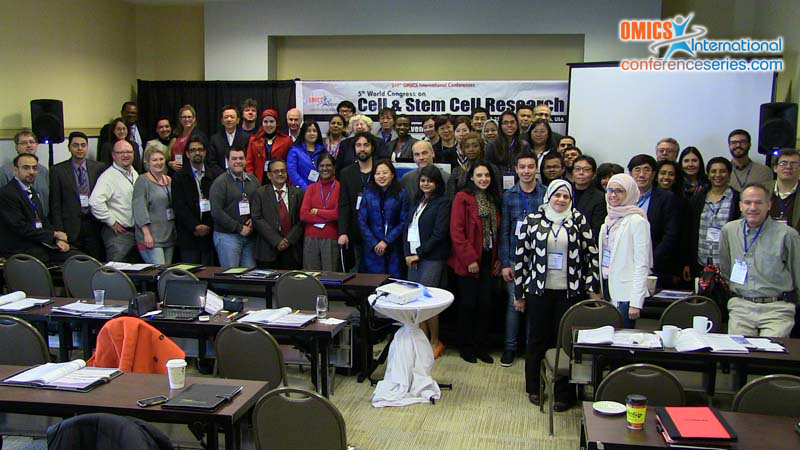
Alencar Kolinski Machado
Federal University of Santa Maria
Brazil
Title: Human adipose-derived stem cells obtained from lipoaspirates are highly cytogenotoxic susceptible to hydrogen peroxide
Biography
Biography: Alencar Kolinski Machado
Abstract
Some evidences suggested that hydrogen peroxide (H2O2) can induce the proliferation, migration and regenerative potential on adult mesenchymal stem cells as well as on adipose-derived stem cells (ASCs) that could be useful to ASCs expansion in the therapeutic applications. However, the H2O2 could cause premature senescence in addition to DNA damage predisposing the cells to malignant transformation. Therefore, the present study evaluated the acute cytotoxic, oxidative and genotoxic effects of different concentrations of H2O2 on ASCs obtained from human lipoaspirates. ASCs were obtained, isolated and cultured. These cells were treated with concentration by 1-1000 μM of H2O2 during two hours. The cell viability was evaluated by cell culture-free double-strand (ds) DNA determination using Quant-iTTM ®PicoGreen dsDNA dye; apoptosis induction was analyzed from immunoassay measure of caspases 1, 3 and 8 levels; the analyses of oxidative stress in biochemical markers as well as the genotoxic effect by DNA Comet assay were also performed. All concentrations increased the cell mortality occurring 100% of mortality at >200 μM H2O2. The levels of 1, 3 and 8 caspases, Reactive Oxygen Species (ROS) and lipo peroxidation increased in a dose-dependent way in cells treated with <200 μM H2O2. The catalase levels also increased approximately 50% in cells exposed to H2O2 when compared to the control group. H2O2 concentrations >10 μM were genotoxic when compared to control group. The results suggest that ASCs obtained from processed human lipoaspirates are highly sensitive to H2O2 exposition and the survived cells might present important DNA damage that could affect its proliferative and differentiation capacity.
Speaker Presentations
Speaker PPTs Click Here

